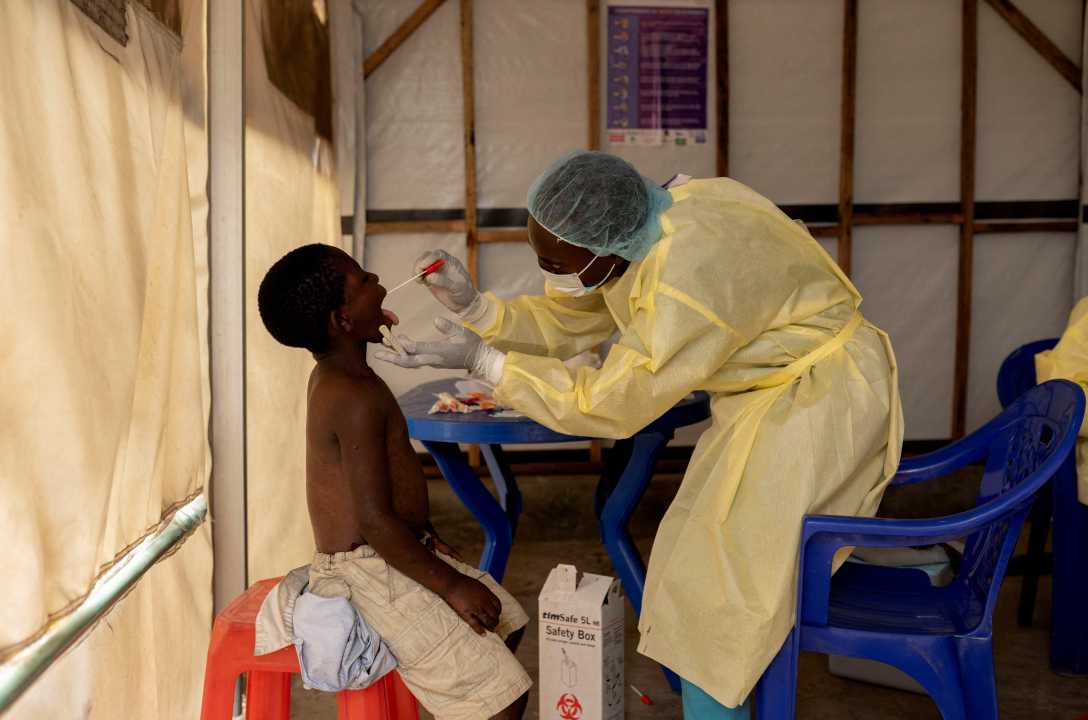Health
Mpox Outbreak in Africa Sparks Global Concern

The World Health Organization (WHO) has announced a global emergency due to outbreaks of mpox in Africa, with cases reported among both children and adults across more than a dozen countries.
This alarming situation follows a recent report from the Africa Centers for Disease Control and Prevention, which highlighted over 500 deaths related to mpox. WHO Director-General Tedros Adhanom Ghebreyesus emphasized that this issue should be a concern for everyone, pointing out the potential for the virus to spread beyond Africa.
As the new strain of mpox spreads and with limited vaccine availability, the Africa CDC is urging for international assistance to mitigate the outbreak. Salim Abdool Karim, a South African infectious diseases expert, noted that the new variant originating from Congo has a death rate of approximately 3-4%.
So far, mpox has been detected in 13 countries this year, particularly in Congo, which accounts for over 96% of the cases and deaths. Compared to last year, cases have surged by 160%, and deaths have risen by 19%, with more than 14,000 cases and 524 fatalities reported.
Most alarming of all, nearly 70% of the cases in Congo involve children under 15, who also represent 85% of the deaths. Recently, Sweden reported its first case of this more infectious strain.
The patient in Sweden had traveled to a region in Africa where the outbreak is significant. The Swedish public health agency reassured that this case does not elevate the general risk to the population, which remains quite low; however, sporadic imported cases may continue.
Mpox, formerly known as monkeypox, is in the same family as the virus that causes smallpox. It was first discovered in a group of monkeys in 1958, with the first human infection recorded in 1970 in the Democratic Republic of Congo. The recent outbreak in 2022 mainly affected gay and bisexual men, but this time the majority of cases are among children, a shift attributed to close contact among young kids.
Experts believe this new strain is not only more deadly but also easier to spread. Symptoms may resemble chickenpox, which poses a challenge in identifying the infection early. Current preventive measures in Western countries focused on vaccination and treatments have not been as accessible in Africa.
Michael Marks, a professor of medicine, suggested that in the absence of mpox vaccines, officials could consider using smallpox vaccines to help combat the outbreak. He emphasized the need for a substantial vaccine supply to protect the most vulnerable populations.
In the United States, the current risk of infection is very low, especially since there have been no reported cases yet. Vigilance in monitoring symptoms, testing, and surveillance is crucial to curb the disease’s spread.












